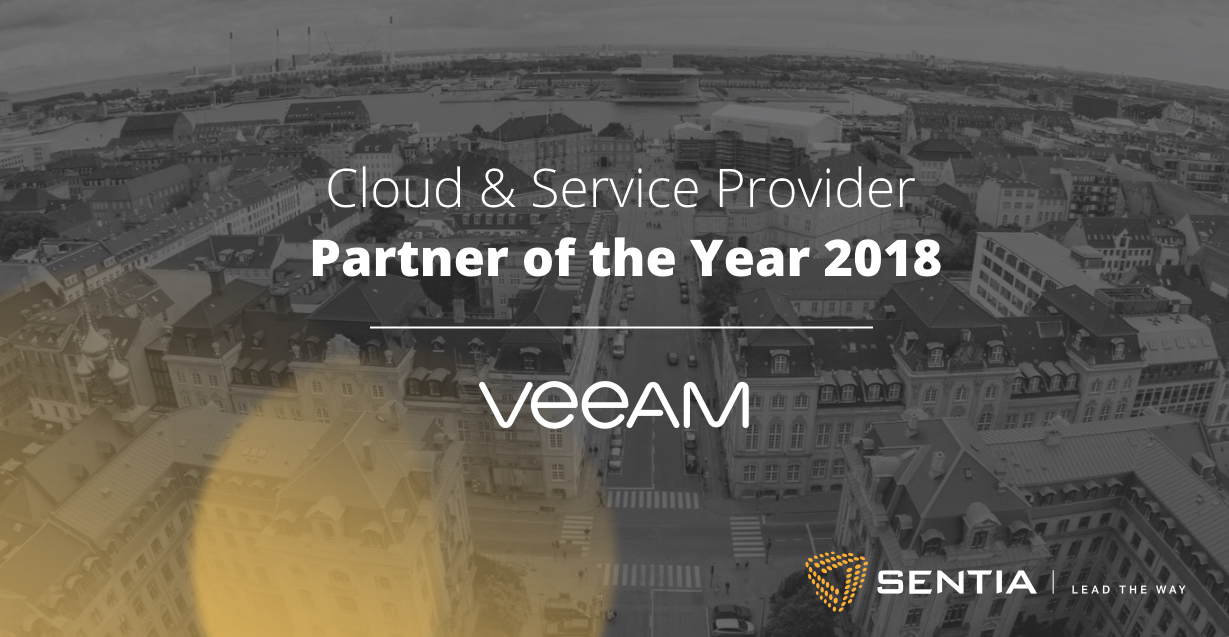
We are seeing a growing number of companies across different industries who now see IT governance including compliance as fundamental to their business strategy and risk management of their company’s reputation.
This is a key area of focus especially due to the GDPR. With sensitive corporate data increasingly being stored in the cloud, this has fuelled concerns about losing control of where specific data is stored, who has access and how it is being used.
Adhering to cloud compliance regulations is imperative but can prove challenging. The following article will highlight 4 main areas of focus for organisations beginning their journey towards total compliance, and how such compliance challenges can be turned into business opportunities.
1. Identifying personal data
Working towards data protection and your ability to respond to any data subject requests, a key first step towards achieving compliance within your organisation is to identify all personally identifiable data. However, organisations find it challenging to understand what exactly encompasses “personally identifiable data” with complex and unspecific legal definitions open to interpretation.
Personal data covers any information about a person which can be used to directly or indirectly identify a physical person. It can be anything from a name, photo, email address, bank details, website posts, authored documents, location data, IP address, medical information, tax records etc.
Opportunity: Fully identifying what personal data is in the context of your employees along with customers and centralising the data housed in your organisation in both physical and digital form can help your business readily access information improving processes or services directly related to your customers and employees.
2. Enabling data governance
Traditionally, the traceability of data origin, changes, and access control were not perceived as important and lost when moved across complex processes. Having a competent, enterprise-wide data governance plan in place is now the foundation of compliance regulations. Organisations leveraging the cloud as a part of their business infrastructure appreciate its economics, scalability and redundancy, yet data becomes further distributed resulting in the application and maintenance of a compliance model can be challenging.
Opportunity: Proactively identifying and assessing risks posed to critical systems and data on an ongoing basis lets companies demonstrate compliance in the cloud. Identifying mission-critical data, mapping their dependencies and the continuous assessment of infrastructure configuration secures a higher level of data quality.
3. Identity Management
Identity management is another important aspect towards maintaining full compliance. User access governance means you are in full control of who is accessing your data, and restricting access if necessary. The continuous maintenance of access can be time-consuming and resource intensive.
Opportunities: Protecting user access to data is key in securing it, with new database technologies helping to optimise the process. Your company has the ability to control how long to retain content and continuously audit how users use data. Simultaneously, it is possible to add labels to files and documents to prevent unauthorised copying, sending and sharing.
4. Data residency
With EU GDPR companies, by obligation, must be able to document what data they store and their exact physical location and protection. Data encryption protects information stored on mobile or desktop devices, including data in transmission. By moving data from your internal storage to the cloud, you need to closely examine and document where your data is stored to ensure you adhere to regulations.
Opportunities: Ensuring high levels of data encryption within your company is effective in protecting data against unauthorised access if the device storing the data is lost or stolen. Partnering with a cloud service provider, having a contractually agreed and transparent contract and division of liability between data owner and processor is imperative. Look for your providers’ adherence to international IT governance and compliance standards.
Maintaining continuous compliance
Compliance is important for any company processing data and operating in the cloud. To achieve continuous compliance, organisations need to replace traditional processes based on legacy technologies with new best-practices and innovative technology, which may appear to be time-consuming and resource intensive. However, with continuous compliance, automation becomes the way forward, resulting in time and cost savings, control and centralisation of data along with increased overall operational efficiencies.

BY
Jimmy Rittsel
Governance, Risk and Compliance Specialist, skilled in IT Service Management, IT Strategy, Management, and Project Coordination with seasoned professional specialization in ITSM/ISMS/Business excellence including Risk Management.



